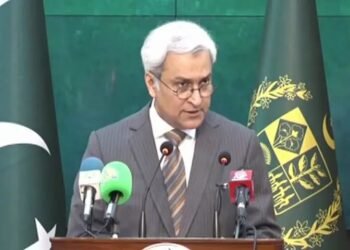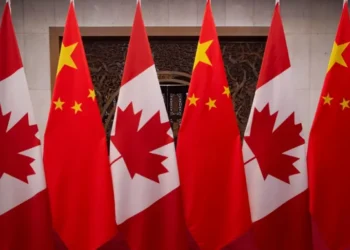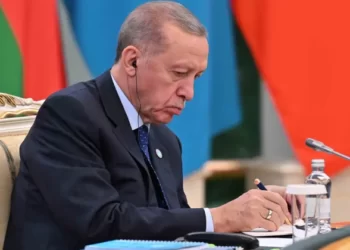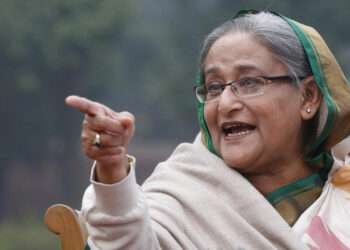A Philippine court has thrown out one of the two remaining drug cases, that was brought against the former Senator, Leila de Lima, who was also an outspoken critic of former President Rodrigo Duterte.
Leila de Lima was detained in 2017 and charged with receiving drug money, just months after launching a Senate inquiry into Duterte’s so-called “war on drugs,” that advocacy groups claim killed thousands of mostly impoverished youth.
The written copy of the judgement published by regional trial court judge Abraham Alcantara, said, the former senator and justice minister, and another defendant “are hereby acquitted of the crime charged on the ground of reasonable doubt.”
“Glorious day,” a delighted de Lima commented, as police led her out of the courtroom, hailing the outcome as the “beginning of my vindication.” The session was closed to the media, but some sympathizers screamed “Free Leila Now” and “Junk the Fake Evidence” as they convened outside the court house.
The verdict brings de Lima, who has been detained at the National Police Headquarters, a step toward freedom. She has already been acquitted of one of the three remaining accusations, which she and rights groups have long maintained were manufactured.
Amnesty International said the judgement was “long overdue.” “We urge the authorities to also quash the remaining drug cases, and ensure that her application for temporary freedom in this pending cases, is processed speedily and fairly,” Montse Ferrer, the Interim Deputy Regional Director of Research for Amnesty International, averred.
“The authorities must not delay her release any longer, and allow her to be reunited with her family, friends, and supporters after six long years,” the director explained.

De Lima was accused of receiving money from convicts inside the country’s largest prison, as a reward for permitting them to trade narcotics while she was justice minister, during then-leader Benigno Aquino from 2010 to 2015, but key witnesses began withdrawing evidence as Duterte’s term in office came to a conclusion.
Kerwin Espinosa, a self-confessed drug kingpin, presented a confession and apologies last April, claiming that his remarks against de Lima were as a result of “pressure, coercion, intimidation, and serious threats to his life and his family.”
Moreover, Rafael Ragos, a prosecution witness who was the officer-in-charge of the Bureau of Corrections in 2012, withdrew his court statements in which he claimed to have taken money from drug cartels to de Lima. Ragos said, his testimony was “false” and pressured by Vitaliano Aguirre, Duterte’s justice minister.
De Lima’s defense team petitioned for bail on the outstanding charge, following retraction of the prosecution witness and is awaiting a decision from the court. However, in 2O18 the United Nations Working Group on Arbitrary arrest established that de Lima’s arrest was “arbitrary given the lack of a legal basis” and that her right to a fair trial was not “respected.”
Human Right Groups Push For De Lima’s Release

Diplomats and human rights activists have resumed efforts for de Lima’s release since President Ferdinand Marcos gained office.
“The cases against de Lima are part of former President Duterte’s vindictive campaign to destroy her for daring to investigate the human rights abuses he committed while mayor of Davao City and later, as president of the Philippines,” Phil Robertson, deputy Asia director at Human Rights Watch, disclosed.
In 2009, as the president of the Philippines’ human rights commission, de Lima launched an investigation into drug-related homicides in Davao, where Duterte was mayor.

When he was elected president in 2016, and the bodies of accused criminals began to pile up, de Lima launched a Senate probe into the “drug war.” The International Criminal Court inquiry into suspected “crimes against humanity” in Duterte’s “drug war” are currently underway.
United Nations’ report published in 2021claimed 8,663 people have been killed in anti-drug operations, but the Human Rights Commission of the Philippines and local human rights organizations, believe the toll could be three times higher.























